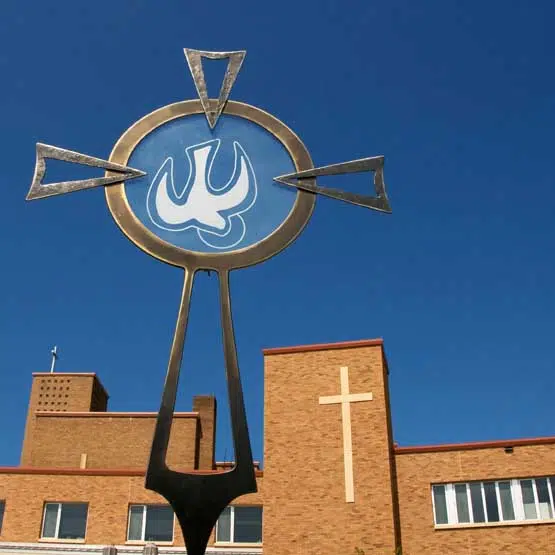LEIPZIG, Germany (Reuters) – Around 1,500 volunteers equipped with face masks, hand disinfectant and tracking gadgets attended an indoor concert in Germany on Saturday as part of a study to simulate how the novel coronavirus spreads in large gatherings.
As part of the so-called Restart19 study, researchers from the University Medical Center in Halle want to find out how cultural and sporting events can safely take place without posing a risk to the population.
Volunteers were handed protective facemasks of the type typically used in hospitals and bottles of flurorescent hand sanitizer at the concert of German singer-songwriter Tim Bendzko in an indoor arena in Leipzig.
“I am extremely satisfied with the discipline displayed by the participants,” Stefan Moritz, the head of the study, told a news conference after the concert. “I was surprised how disciplined everyone was in wearing masks.”
He said results of the study, which is being financed by the states of Saxony and Saxony-Anhalt, were expected in 4-6 weeks.
The participants were also given contact tracers to help track the distance between concertgoers and to identify in which parts of the arena, such as entrance halls and grandstands, people might crowd too closely together.
Researchers asked participants to regularly disinfect their hands using the fluorescent sanitiser so scientists can identify – with the help of ultra-violet light – which surfaces are touched frequently and pose a risk for spreading the virus.
Sporting events such as Liverpool’s Champions League soccer match against Atletico Madrid and the Cheltenham Festival, a horseracing event, in Britain in March have been blamed for playing a role in spreading COVID-19.
Most events with big crowds have been put on hold.
A decision to grant approval for a concert of German singer Sarah Connor with 13,000 attendees on Sept. 4 in Duesseldorf has faced sharp criticism by virologists and local politicians.
(Reporting by Reuters TV, Caroline Copley and Christoph Steitz; Editing by Frances Kerry)


